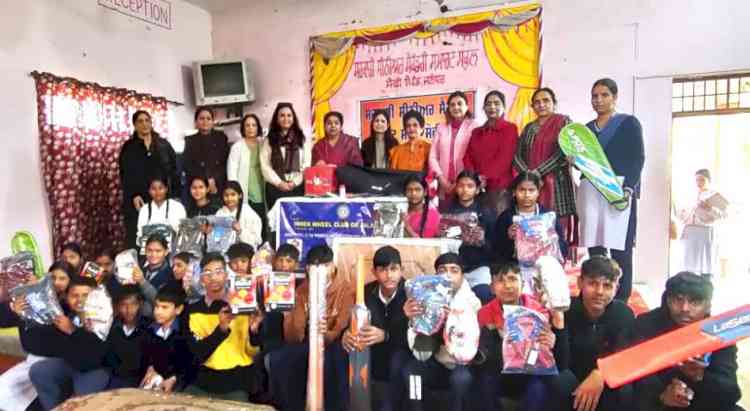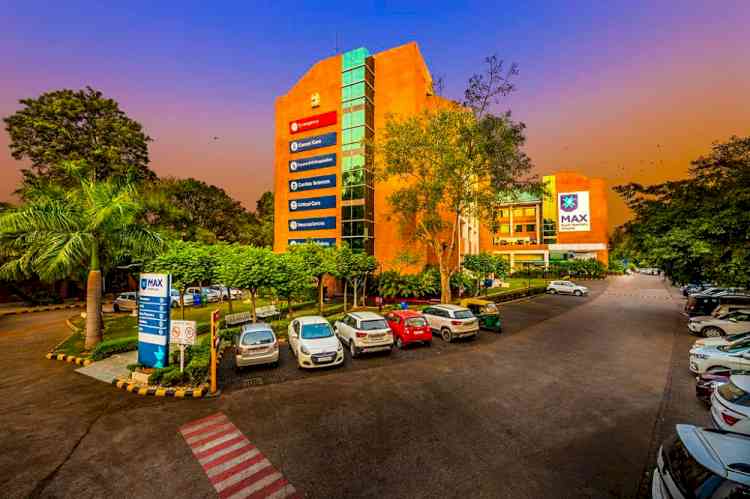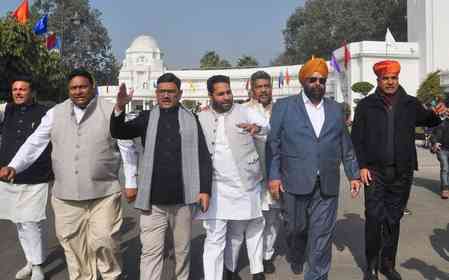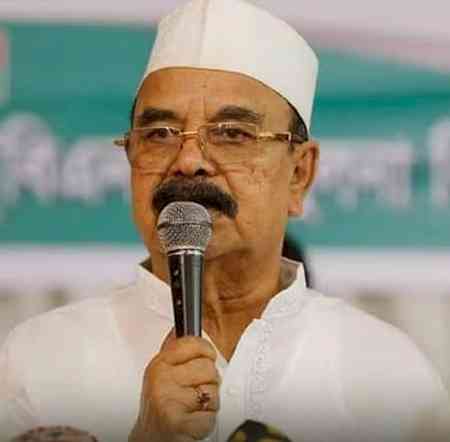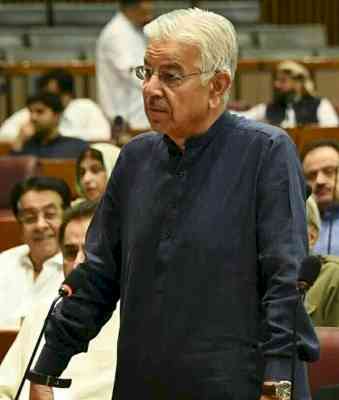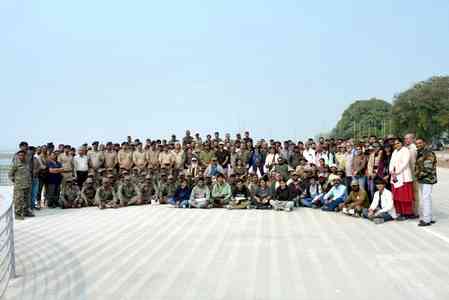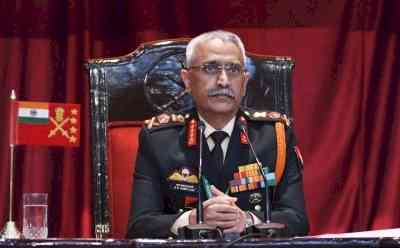Experts dwell on roadmap for crop diversification, regenerative agriculture in Punjab
In a concerted effort to address Punjab’s escalating agrarian and environmental challenges, Nature Conservancy India Solutions (NCIS) hosted a high-level workshop ‘Stakeholder Workshop on Crop Diversification: Strategy for Regenerative Agriculture’ in Chandigarh on Tuesday. The event, held under the ambit of the Promoting Regenerative and No-Burn Agriculture (PRANA) project, brought together over 100 experts from the domains of policy, industry, science, and farming.
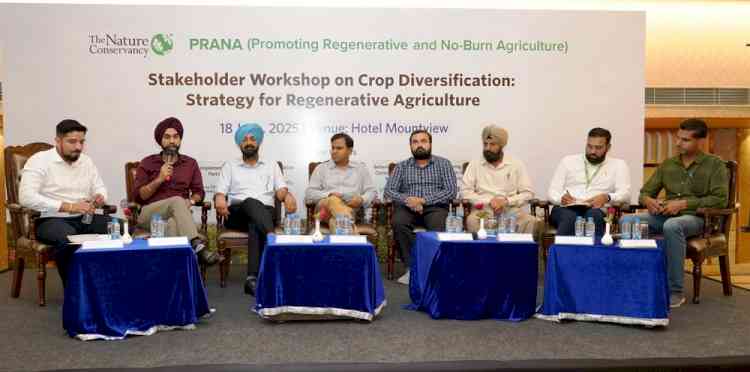
Chandigarh, June 18, 2025: In a concerted effort to address Punjab’s escalating agrarian and environmental challenges, Nature Conservancy India Solutions (NCIS) hosted a high-level workshop ‘Stakeholder Workshop on Crop Diversification: Strategy for Regenerative Agriculture’ in Chandigarh on Tuesday. The event, held under the ambit of the Promoting Regenerative and No-Burn Agriculture (PRANA) project, brought together over 100 experts from the domains of policy, industry, science, and farming.
The workshop aimed to facilitate a collaborative strategy for transitioning Punjab’s agricultural landscape from unsustainable practices towards regenerative, climate-resilient models.
Vinod Kumar Arya, chief general manager, NABARD Punjab, the chief guest during the occasion was joined by Shoikat Roy, member Punjab Development Commission and Gyan Prakash Rai, lead PRANA, NCIS to inaugurate the workshop.
The day-long workshop featured three thematic sessions including making Poplar popular: a push towards agroforestry in Punjab, food security to fruit security: opportunities in pear and kinnow Farming’ and reviving the cotton belt: lessons and innovations.
One of the key highlights was the inclusive panel discussion featuring both male and female progressive farmers, underlining the role of gender equity in agricultural transformation.
Speaking during the occasion, Vinod Kumar Arya underscored the environmental cost of Punjab's prolonged reliance on the wheat-paddy cycle, which currently occupies 86% of the state's gross cropped area.
He said , “Despite Punjab’s significant role in ensuring national food security, the state’s overdependence on the wheat-paddy cycle, covering nearly 86% of its gross cropped area, has led to severe degradation of soil health and groundwater resources,” he said. The excess use of chemical inputs has disrupted the soil nutrient balance, with the NPK ratio shifting dangerously from the recommended 4:2:1 to 24:6:1, against the national average of 8:3:1.”
Shoikat Roy emphasized the need for urgent, systemic crop diversification, pointing out both ecological and economic inefficiencies of the prevailing agricultural model. “Around ₹ 80-90,000 cr is invested annually in paddy and wheat procurement. This translates to roughly ₹80,000 per acre of paddy including logistics, costs of procurement, transportation, milling, and storage,” said Roy while advocating for redirecting a proportion of these subsidies toward promotion of alternative crops.
Gyan Prakash Rai shared the roadmap for PRANA’s next five years, with a core focus on landscape restoration and deeper integration of crop diversification into the regenerative agriculture framework. He presented outcomes from PRANA’s three-year-long Crop Residue Management (CRM) interventions and laid out strategic steps for the next phase of implementation.



 City Air News
City Air News 
